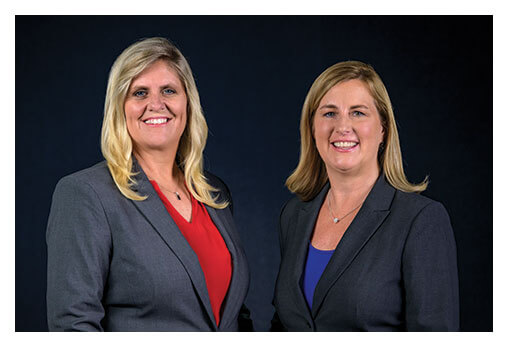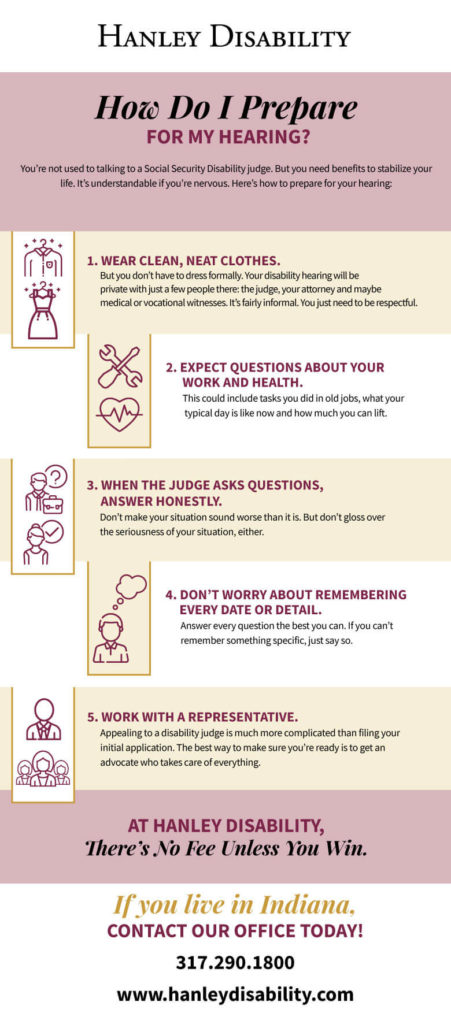What Should I Do Before My Social Security Disability Hearing?
You should submit your evidence and prepare to testify well before you see an administrative law judge (ALJ). A disability advocate can help you with all of this:
- Analyzing your Social Security file
- Obtaining and filing important evidence like medical records
- Preparing you to testify
- Preparing you for questions you may get at the hearing
- Preparing to question medical experts or vocational experts who testify about you
- Building your legal arguments for disability benefits
You pay no fees until you win, so working with a disability representative is low-risk for you.
We start by providing an evaluation of your case—for free.
What Will Happen During My Disability Hearing?
In order to calm your nerves and set your expectations, let’s walk through what will happen once you get to your hearing.
Forget courtroom dramas and judge shows. It won’t be like what you’ve seen on TV. There’s no jury, no lawyer on the other side. The hearing will be private. A small number of people will be there. As such, the setting will be fairly informal.
Who’s There?
There may be a couple of other people in the hearing room besides you, your representative and the judge.
Hearings are recorded, so there may be an assistant operating a recorder or helping the judge in other ways.
There may also be a vocational expert or medical expert on hand to provide information to the judge. This person is paid by the Social Security Administration and may not speak directly to you.
How Does It Start?
At the beginning of your hearing, your representative will talk to the judge to make sure he or she has the correct paperwork. At Hanley Disability, we’ll handle the procedural back-and-forth—any objections to the information, or errors. Once that part is over, it will be your turn to speak to the judge.
The judge may be friendly, or not so friendly. This has no bearing on the outcome of your hearing, so don’t be discouraged if the judge doesn’t smile or start with pleasantries.
The judge has already read your file. They didn’t have any part in previous decisions regarding your claim. He or she is there to make a new decision based on your medical reports and the information shared in this hearing.
What Do I Do During My Hearing?
Nobody expects you to give a speech. Even when you feel passionate about your claim and your future, it’s best to simply answer the questions you’re asked.
Listen to these questions carefully. Some will have yes or no answers. Others will allow you to elaborate on how devastating your disability has been to your employment and your life. You should openly discuss your health issues with the judge.
You may be asked questions that you can’t answer because you don’t remember all the details. Your representative can help with that. Health impairments and medications can cause memory loss, so tell the judge if that’s the case.
We urge you always to tell the truth. Don’t make your situation sound worse than it is or add details we haven’t discussed. At the same time, don’t shy away from explaining just how much your health problems are hurting you.
How Long Is a Disability Hearing?
These hearings usually take less than an hour. Sometimes they last only 10 to 15 minutes.






